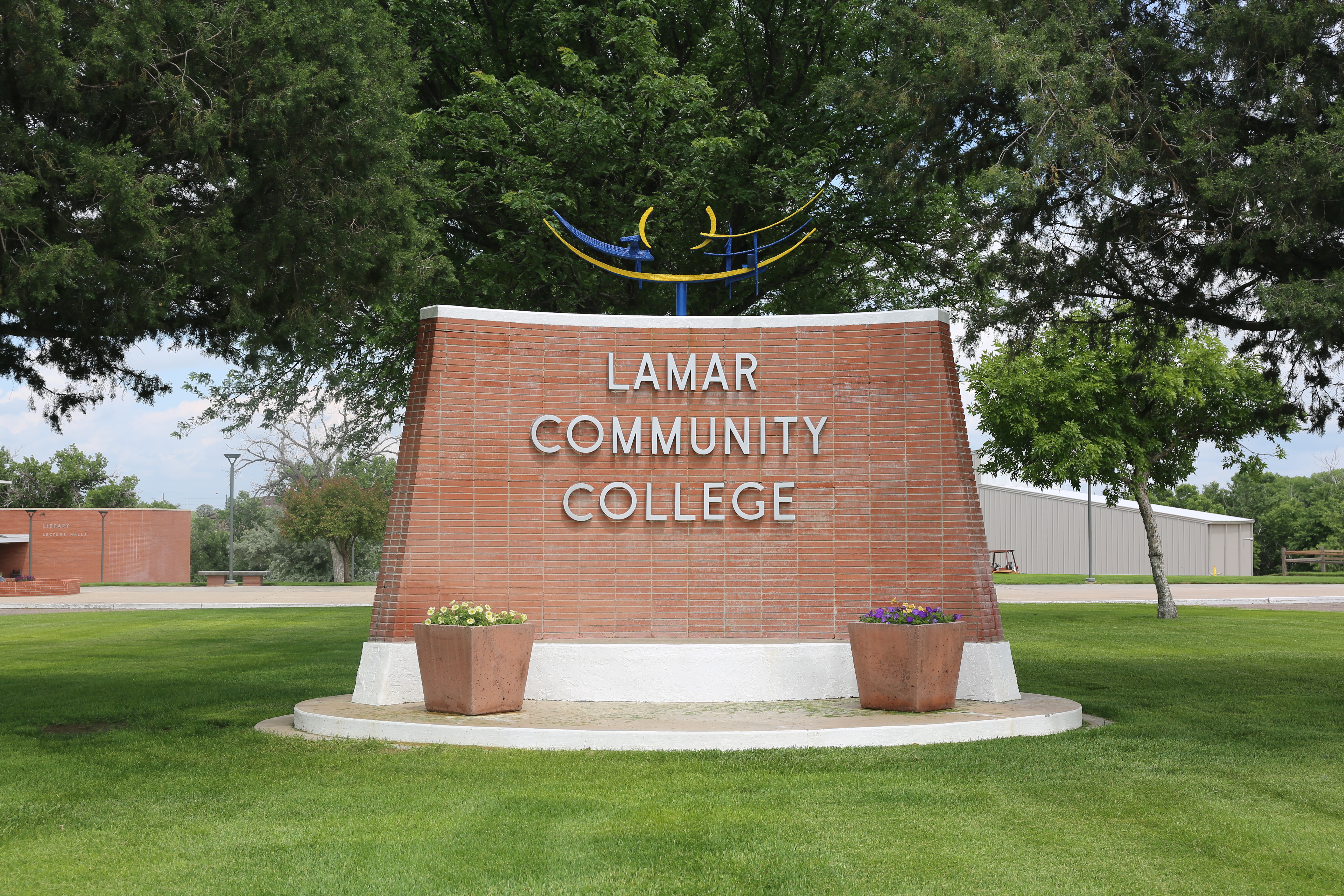For Open Education Week, the Colorado Community College System is spotlighting faculty and instructors embracing the power of Open Educational Resources (OER). Susan Stafinbil, Ph.D., a writing faculty member at Arapahoe Community College (ACC), shares how she became an OER champion.
When did you start using OER?
I started using OER about ten years ago when I couldn’t find a publisher textbook for a course on ecocriticism in early modern English literature. While piecing together readings and resources, I kept coming across these materials that were labeled “Creative Commons.” I didn’t really understand what that type of licensing meant until I began attending OER information sessions like the Colorado Department of Higher Education OER Conference. I got on board with the movement and even became a Colorado Open Education Ambassador. Now, I serve on the OER Committee at Arapahoe Community College, and all of the courses I teach are Zero Textbook Cost (ZTC).
OER is way more versatile than most publisher textbooks because I can customize the content for my students
What are some ways you have used OER into your lesson plans?
OER is way more versatile than most publisher textbooks because I can customize the content for my students. Usually, I set up weekly content modules in our learning management system with links to online content or files. With OER, the whole class can engage with the material together either through a shared Google or Word document or through an online annotation tool like Hypothes.is. Even though students can print the materials if they want, most students prefer reading digitally because there is a social component to annotating with classmates.
What are some of the advantages of using OER for you and your students?
The cost savings is probably the biggest advantage considering how much publisher textbooks cost. It’s also really important that all students in a class have access to course materials from day one, so no one starts the class behind because they had to choose between paying rent or buying books. I hear from students all the time about how glad they are to save money on books, and more importantly, about how much they appreciate when their professors actually care enough to use OER instead of an expensive textbook.
Another advantage is the quality of the material available as OER. I really think the most innovative instructional material is coming out with Creative Commons licensing, and the whole field is just exploding right now.
What advice would you give to a fellow faculty member who’s interested in OER?
I would say ask colleagues and get your friendly librarian involved. The process of choosing an OER textbook or materials is really no different than choosing a publisher textbook, you just look in different places. A good librarian, like Mitch Cota at ACC, can save you a lot of time and frustration. There’s no need to start from scratch because so many people have done the work of creating OER, but if you want to create your own materials, you can do that too.


